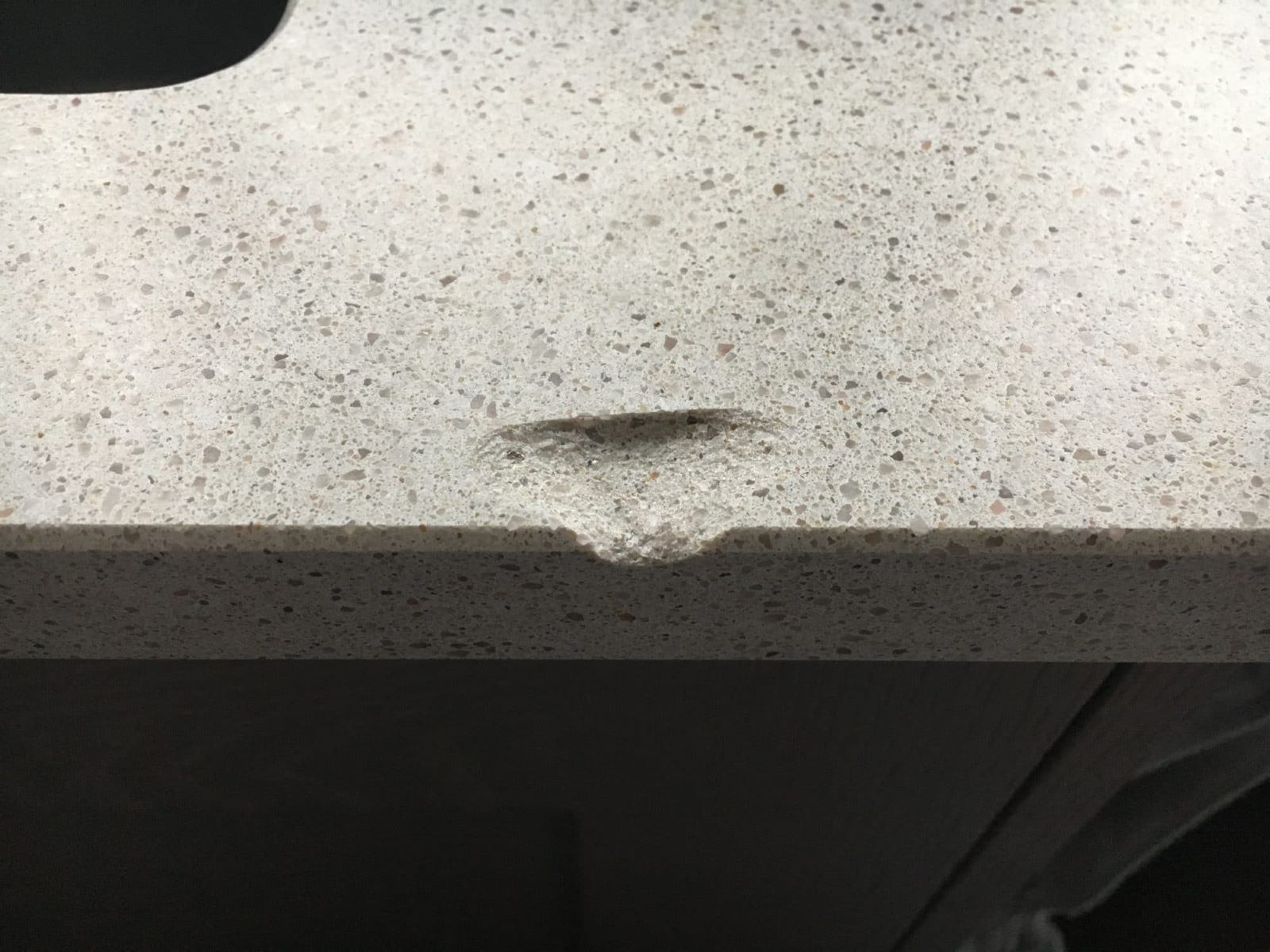

Articles
How To Repair Chips In Quartz Countertops
Modified: October 20, 2024
Learn how to repair chips in quartz countertops with this informative articles. Discover the best techniques and products to ensure a seamless and durable repair.
(Many of the links in this article redirect to a specific reviewed product. Your purchase of these products through affiliate links helps to generate commission for Storables.com, at no extra cost. Learn more)
Introduction
Welcome to our comprehensive guide on how to repair chips in quartz countertops. Quartz countertops have gained immense popularity in recent years due to their durability, aesthetic appeal, and low maintenance requirements. However, even the most sturdy and well-maintained quartz countertops can fall victim to chips and damage over time.
Chips in quartz countertops can be caused by various factors, such as accidental impacts, heavy objects being dropped on the surface, or even normal wear and tear. While it may seem daunting to repair these chips, with the right tools and techniques, you can restore your quartz countertops to their original pristine condition.
In this article, we will provide you with a step-by-step guide on how to repair chips in quartz countertops, as well as tips on preventing future damage. So, let’s dive in and learn how to keep your quartz countertops looking flawless for years to come.
Key Takeaways:
- Repairing chips in quartz countertops is a manageable task with the right tools and materials. By following a step-by-step process and taking preventive measures, you can restore your countertop’s pristine appearance and prolong its lifespan.
- Preventing chips in quartz countertops is essential for maintaining their beauty and longevity. Simple measures such as handling with care, using cutting boards, and regular cleaning can minimize the risk of damage and keep your countertops looking flawless for years to come.
Read more: What Are Quartz Countertops
Understanding Quartz Countertops
Quartz countertops are engineered stone surfaces that are composed of 90-95% natural quartz crystals combined with resin and pigments. This combination creates a durable and non-porous surface that is resistant to stains, scratches, and heat.
Unlike natural stone countertops, such as granite or marble, quartz countertops are manufactured to have consistent patterns and colors. This allows homeowners to choose from a wide range of options that can complement any kitchen or bathroom design.
One of the main advantages of quartz countertops is their low maintenance requirements. Since they are non-porous, quartz countertops are highly resistant to bacterial growth and stains. They do not require sealing like natural stone countertops, making them a popular choice for busy households.
In terms of durability, quartz countertops are highly resistant to chipping and cracking. However, while they are designed to withstand regular use, they are not indestructible and can still be prone to chips and damage under certain circumstances.
Understanding the composition and characteristics of quartz countertops is essential when it comes to repairing chips. By knowing the materials involved, you can effectively choose the right repair methods and materials to ensure a seamless and long-lasting repair.
Next, let’s explore the common causes of chips in quartz countertops and how to prevent them from occurring in the first place.
Common Causes of Chips in Quartz Countertops
While quartz countertops are known for their durability, they are not completely immune to chips and damage. Several factors can contribute to chips in quartz countertops, and understanding these causes can help you prevent future damage. Here are some common causes of chips in quartz countertops:
- Impact from heavy objects: Dropping heavy objects, such as pots, pans, or kitchen appliances, on the quartz countertop can cause chips or cracks. It’s important to handle and place heavy objects with care to prevent any accidental impacts.
- Sharp objects: Scratching the surface of the countertop with sharp knives or utensils can weaken the quartz and lead to chips over time. It’s recommended to always use cutting boards or protective mats when using sharp objects on the countertop.
- Extreme heat: While quartz countertops are heat-resistant, sudden and extreme temperature changes can cause thermal shock and result in chips or cracks. Avoid placing hot pans or pots directly on the countertop without using heat-resistant pads or trivets.
- Improper installation: If the quartz countertops are not installed properly, it can lead to weak points in the surface, making it more susceptible to chips and damage. It’s crucial to hire a professional installer to ensure proper installation and reduce the risk of future issues.
- Normal wear and tear: Over time, continuous use and daily activities in the kitchen or bathroom can cause minor chips or dings on the countertop surface. While these may be unavoidable, proper care and maintenance can minimize the occurrence of such damage.
Understanding the causes of chips in quartz countertops can help you take necessary precautions to prevent damage. In the next section, we will discuss the necessary tools and materials required for repairing chips in quartz countertops.
Necessary Tools and Materials
Repairing chips in quartz countertops requires specific tools and materials to ensure a successful and seamless repair. Here are the necessary tools and materials you will need:
- Quartz Chip Repair Kit: Purchase a quartz chip repair kit that includes a clear epoxy resin and a filler material that matches the color of your quartz countertop. These kits are usually available at hardware stores or online.
- Masking Tape: Use masking tape to create a border around the chip or damaged area. This will help contain the repair materials and prevent spreading onto the surrounding surface.
- Small Mixing Container and Mixing Stick: Use a small plastic mixing container and a mixing stick to combine the epoxy resin and filler material. Follow the instructions provided with the repair kit for proper mixing ratios.
- Razor Blade or Razor Scraper: A razor blade or razor scraper can be used to remove any excess repair material after the repair is complete.
- Microfiber Cloth: A microfiber cloth is essential for cleaning the countertop surface before and after the repair. It helps ensure a clean and smooth finish.
- Sanding Pads or Polishing Compound: Depending on the type of repair kit you have, you may need sanding pads or a polishing compound to blend and polish the repaired area with the rest of the countertop surface.
- Protective Gloves and Safety Glasses: It’s crucial to wear protective gloves and safety glasses while working with the repair kit and any other tools to ensure your safety.
Before starting the repair process, make sure you have all the necessary tools and materials readily available. This will ensure a smooth workflow and help you achieve professional-looking results.
Now that you have gathered your supplies, let’s move on to the step-by-step guide on how to repair chips in quartz countertops.
Use a clear epoxy resin to fill in the chipped area of the quartz countertop. Mix the resin with a color-matching pigment for best results. Sand the area smooth once the resin has dried.
Step-by-Step Guide: How to Repair Chips in Quartz Countertops
Repairing chips in quartz countertops is a straightforward process that can be done with the right tools and materials. Follow these step-by-step instructions to repair chips in your quartz countertop:
- Clean the Area: Start by cleaning the damaged area of the countertop using a mild cleaner and a microfiber cloth. Ensure that the surface is free from dust, debris, and any cleaning residue.
- Tape the Area: Use masking tape to create a border around the chip or damaged area. This will help contain the repair materials and prevent them from spreading onto the surrounding surface.
- Mix the Repair Material: Follow the instructions provided with your quartz chip repair kit to properly mix the epoxy resin and filler material. Use a small mixing container and a mixing stick to achieve a consistent mixture.
- Fill the Chip: Using a small spatula or applicator tool, carefully fill the chip or damaged area with the mixed repair material. Ensure that it is level with the surrounding countertop surface. Use the edge of the spatula or a razor blade to remove any excess material.
- Let it Cure: Allow the repair material to cure as per the instructions provided with your repair kit. This may take a few hours or overnight, so be patient and avoid touching or using the repaired area during this time.
- Blend and Polish: Depending on the type of repair kit you have, you may need to use sanding pads or a polishing compound to blend and polish the repaired area with the rest of the countertop surface. Follow the instructions provided with your kit for the proper blending and polishing process.
- Clean Up: Once you are satisfied with the repair and blending, remove the masking tape carefully. Clean the countertop surface again using a microfiber cloth to remove any residue from the repair process.
Following these steps will help you effectively repair chips in your quartz countertop and restore its appearance. Remember to always read and follow the instructions provided with your specific repair kit for the best results.
Now that you have successfully repaired your quartz countertop, let’s explore some tips to prevent chips and maintain the beauty of your countertop for the long term.
Read more: How To Refinish Quartz Countertops
Preventing Chips in Quartz Countertops
While chips in quartz countertops can be repaired, it’s always best to prevent them from occurring in the first place. By following these tips, you can minimize the risk of chips and maintain the pristine condition of your quartz countertops:
- Handle with Care: Avoid dropping heavy objects directly onto the countertop surface. Take extra caution when handling pots, pans, and kitchen appliances to prevent accidental impacts.
- Use Cutting Boards and Trivets: To protect the quartz surface from scratches and heat damage, always use cutting boards when preparing food and use trivets or heat-resistant pads when placing hot items on the countertop.
- Avoid Sharp Objects: Use cutting boards and protective mats to avoid directly cutting or placing sharp objects, such as knives or utensils, on the countertop. This will prevent scratching and potential chipping.
- Regular Cleaning: Clean your quartz countertop regularly with a mild cleaner and a non-abrasive sponge or cloth. This will prevent the build-up of dirt, grime, and stains that can weaken the quartz surface over time.
- Use Proper Cleaning Products: Avoid using abrasive cleaners, harsh chemicals, or acidic substances on your quartz countertop. These can damage the surface and lead to chipping or discoloration.
- Avoid Extreme Temperatures: While quartz is heat-resistant, it’s still best to use heat-resistant pads or trivets when placing hot pans or pots on the countertop. Extreme temperature changes can weaken the surface and cause thermal shock.
- Invest in Professional Installation: Ensure that your quartz countertop is installed by a professional to avoid any issues or weak points in the surface. Proper installation will minimize the risk of future damage.
- Perform Regular Inspections: Keep an eye out for any signs of damage or potential issues on your quartz countertop. Performing regular inspections will help you catch any chips or cracks early on and address them promptly.
By following these preventive measures, you can maintain the beauty and longevity of your quartz countertops. With proper care and attention, your countertops will continue to shine and add value to your kitchen or bathroom for years to come.
Now that you have learned how to prevent chips and maintain your quartz countertops, let’s wrap up this guide.
Conclusion
Repairing chips in quartz countertops doesn’t have to be a daunting task. With the right tools, materials, and techniques, you can easily restore your countertop’s pristine appearance and prolong its lifespan. By understanding the causes of chips and taking preventive measures, you can minimize the risk of damage and keep your quartz countertops looking flawless for years to come.
In this comprehensive guide, we have provided you with a step-by-step process to repair chips in quartz countertops. We have also discussed the necessary tools and materials you will need, as well as tips on preventing chips in the first place.
Remember, when repairing chips, always follow the instructions provided with your quartz chip repair kit and take proper safety precautions. If you are unsure or uncomfortable with performing the repair yourself, it is advisable to seek professional assistance.
By investing time and effort in maintaining your quartz countertops, you can ensure that they remain a beautiful and functional focal point in your kitchen or bathroom. Regular cleaning, avoiding sharp objects, and using heat-resistant pads are just a few of the simple steps you can take to protect your countertops from damage.
We hope that this guide has been informative and helpful in guiding you through the process of repairing chips in quartz countertops. With proper care and occasional repairs, your quartz countertops will continue to enhance the beauty and functionality of your space for many years to come.
Thank you for reading and happy countertop repair!
Frequently Asked Questions about How To Repair Chips In Quartz Countertops
Was this page helpful?
At Storables.com, we guarantee accurate and reliable information. Our content, validated by Expert Board Contributors, is crafted following stringent Editorial Policies. We're committed to providing you with well-researched, expert-backed insights for all your informational needs.
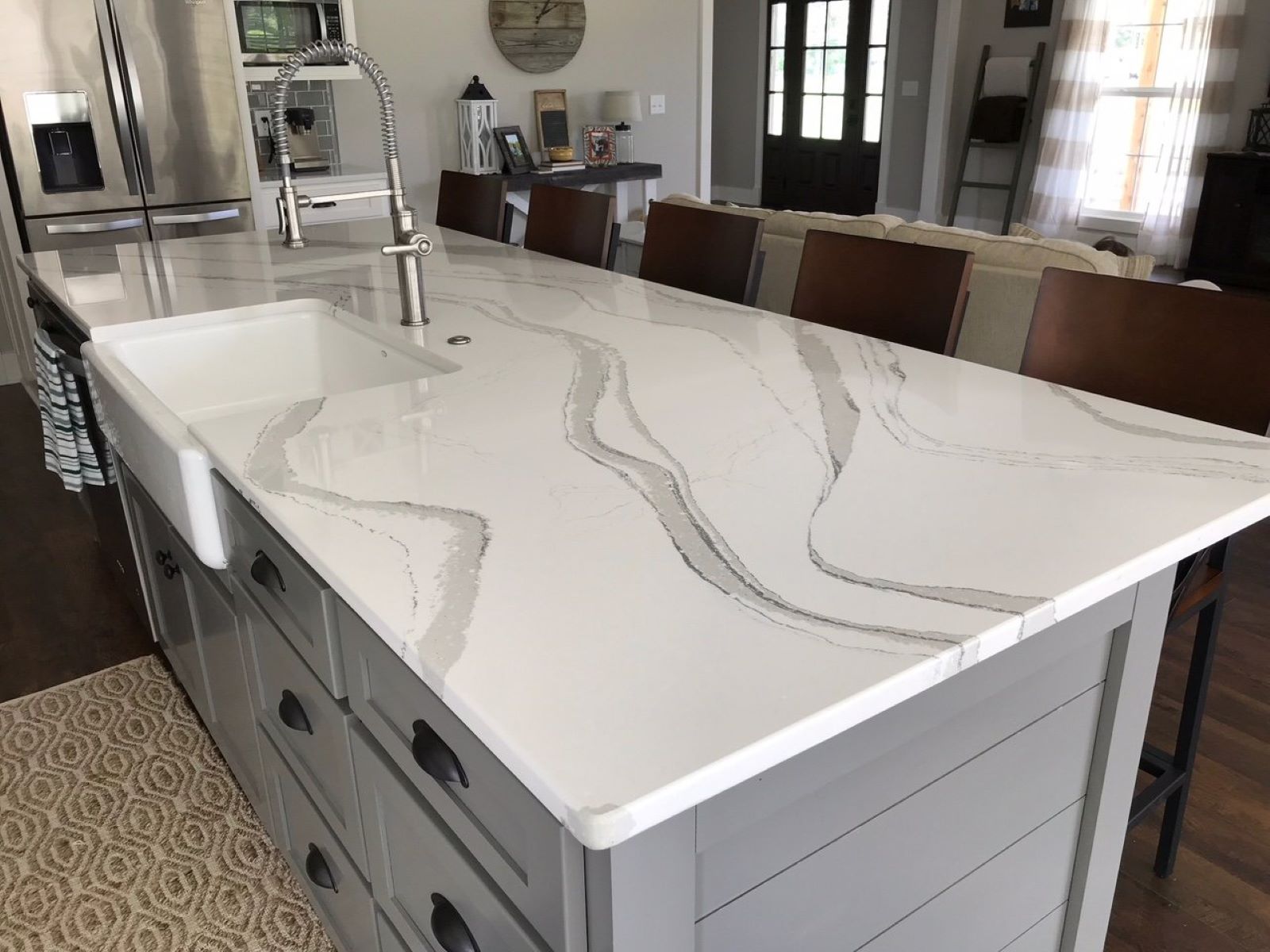
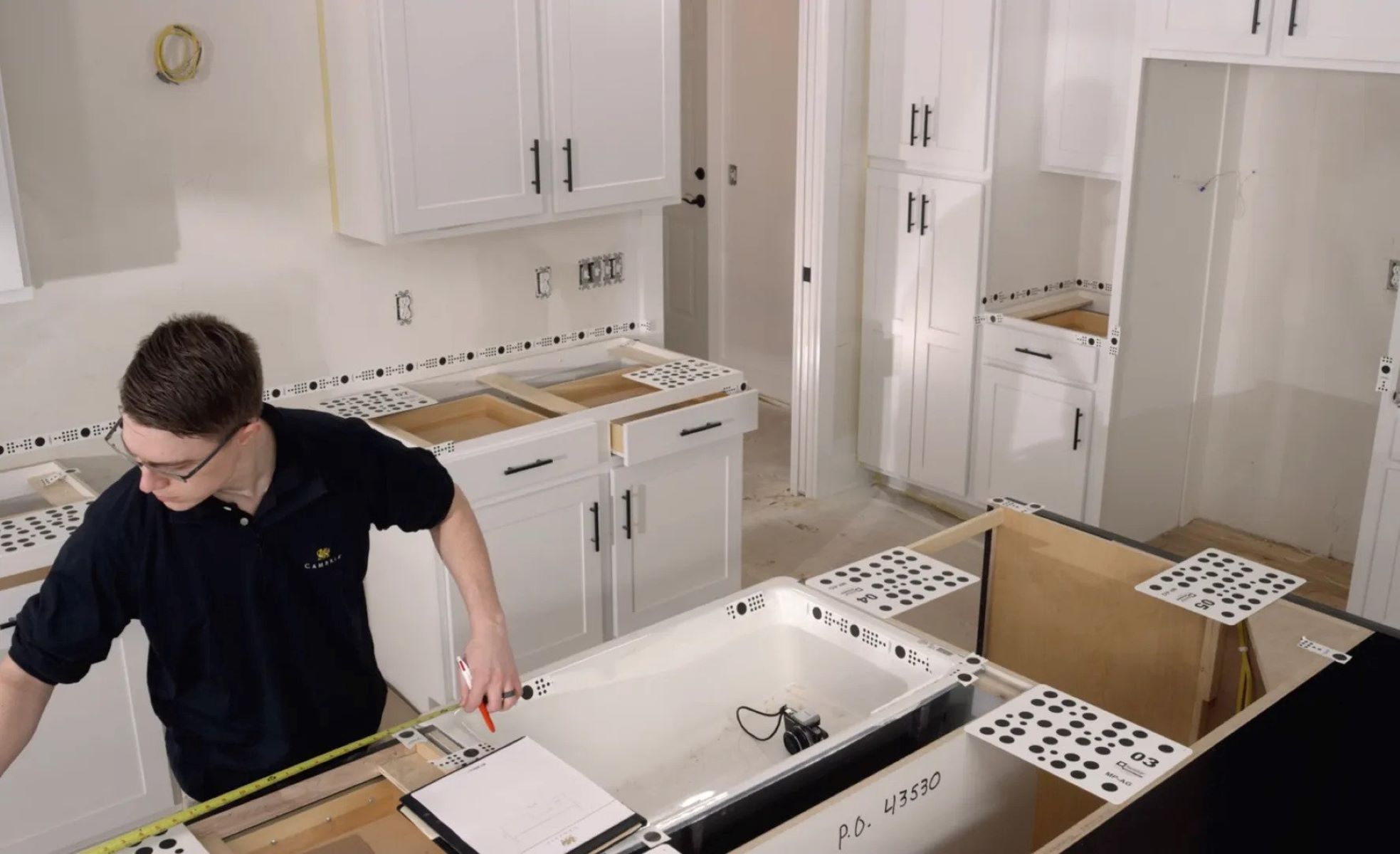
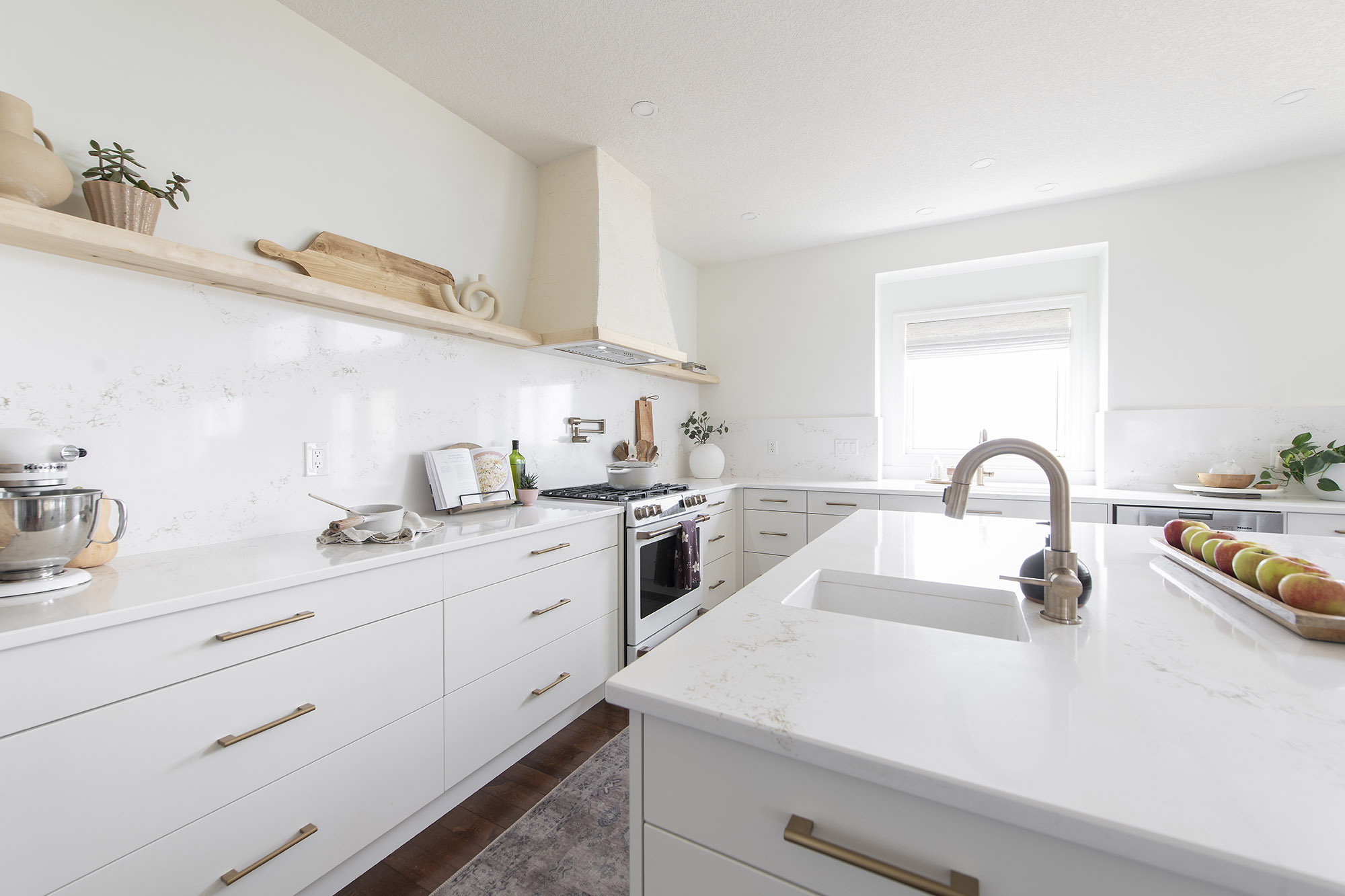
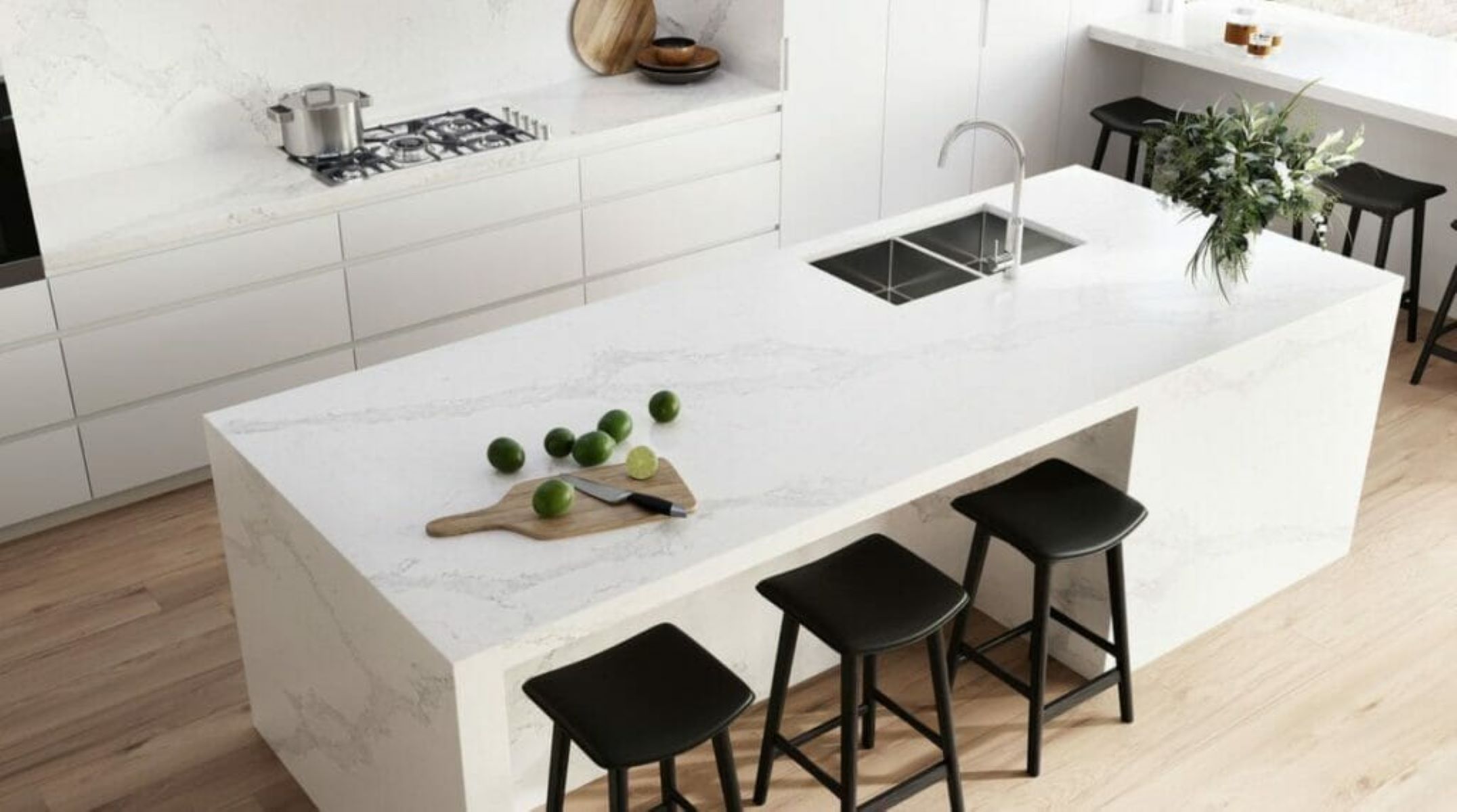

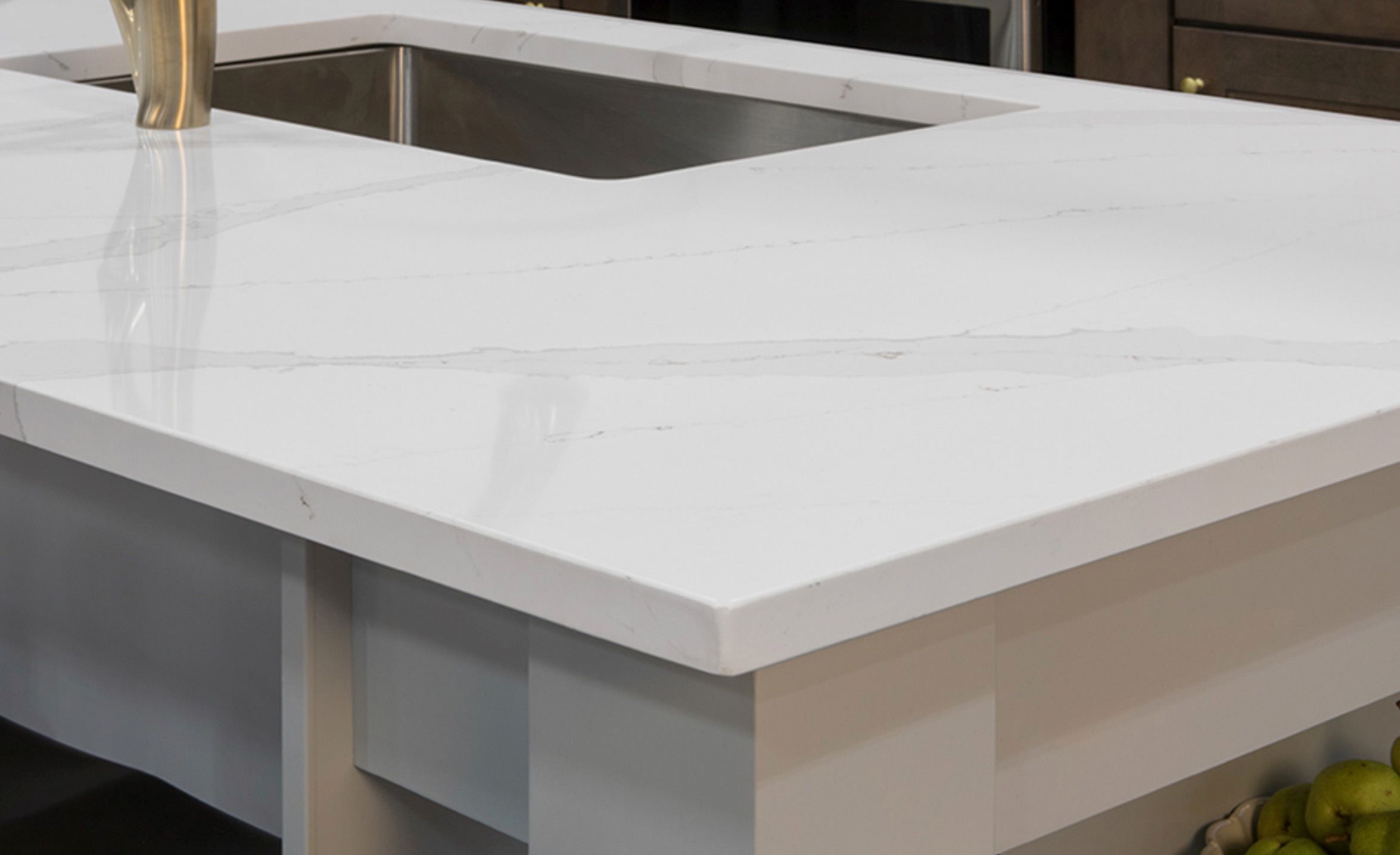
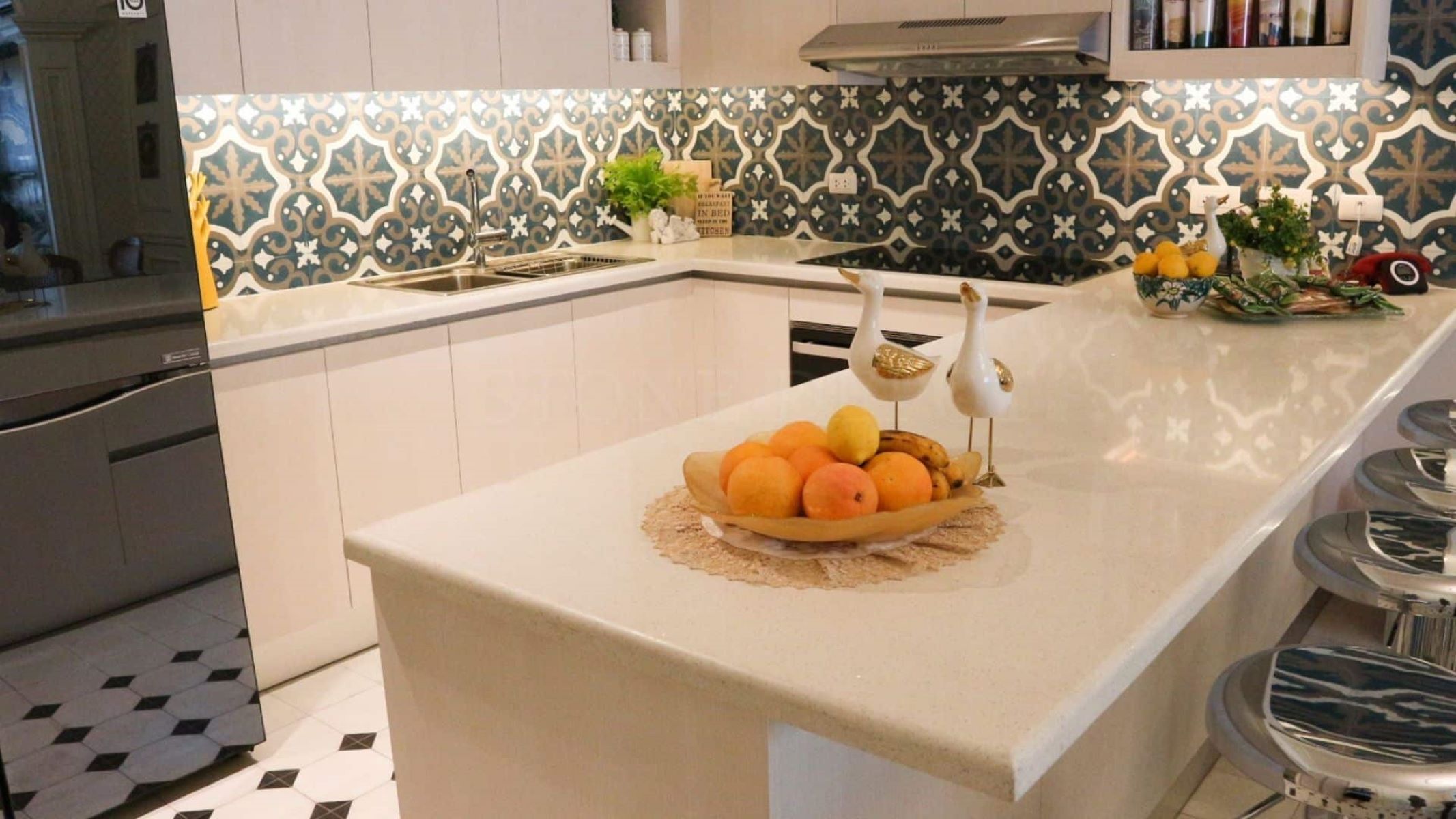

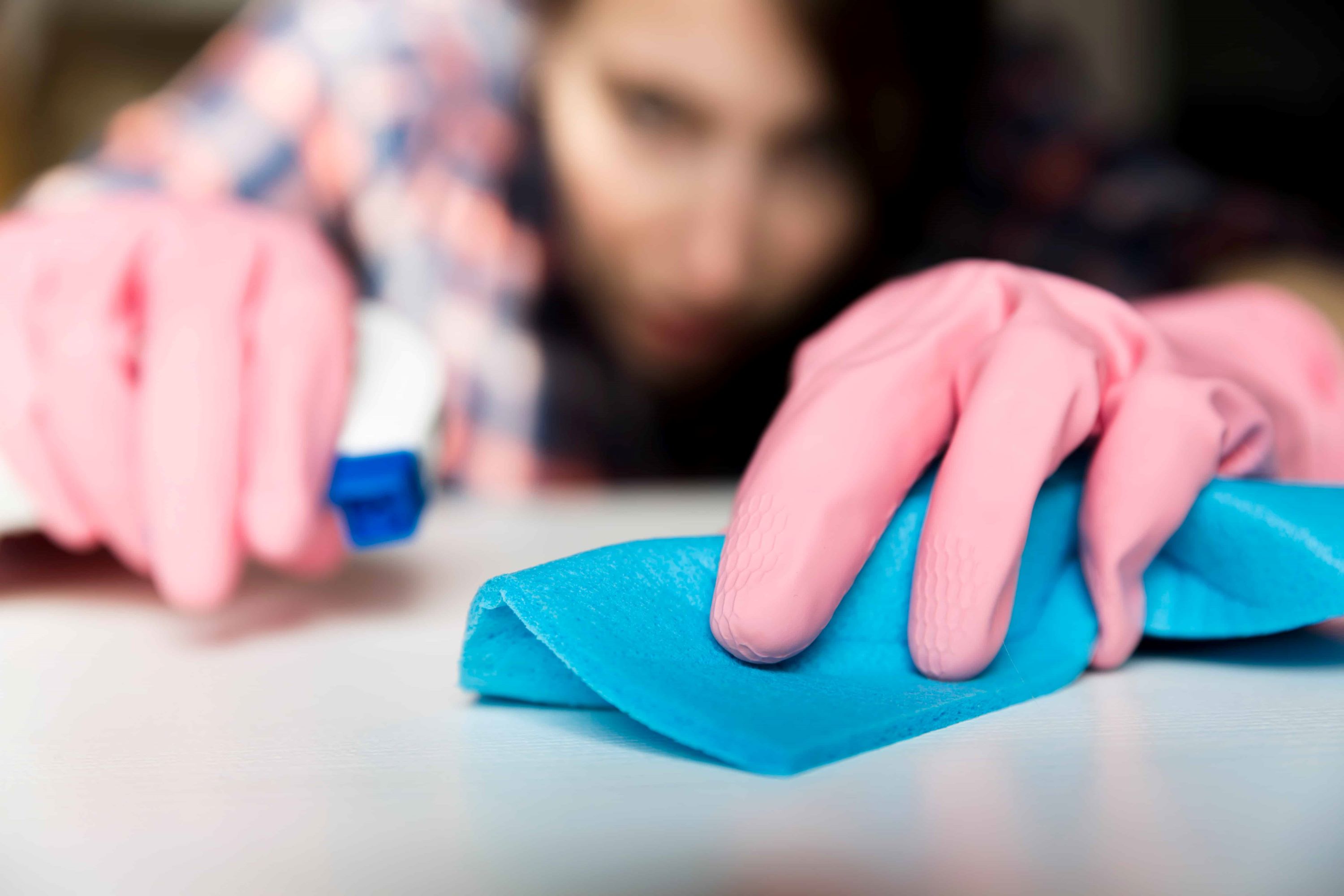
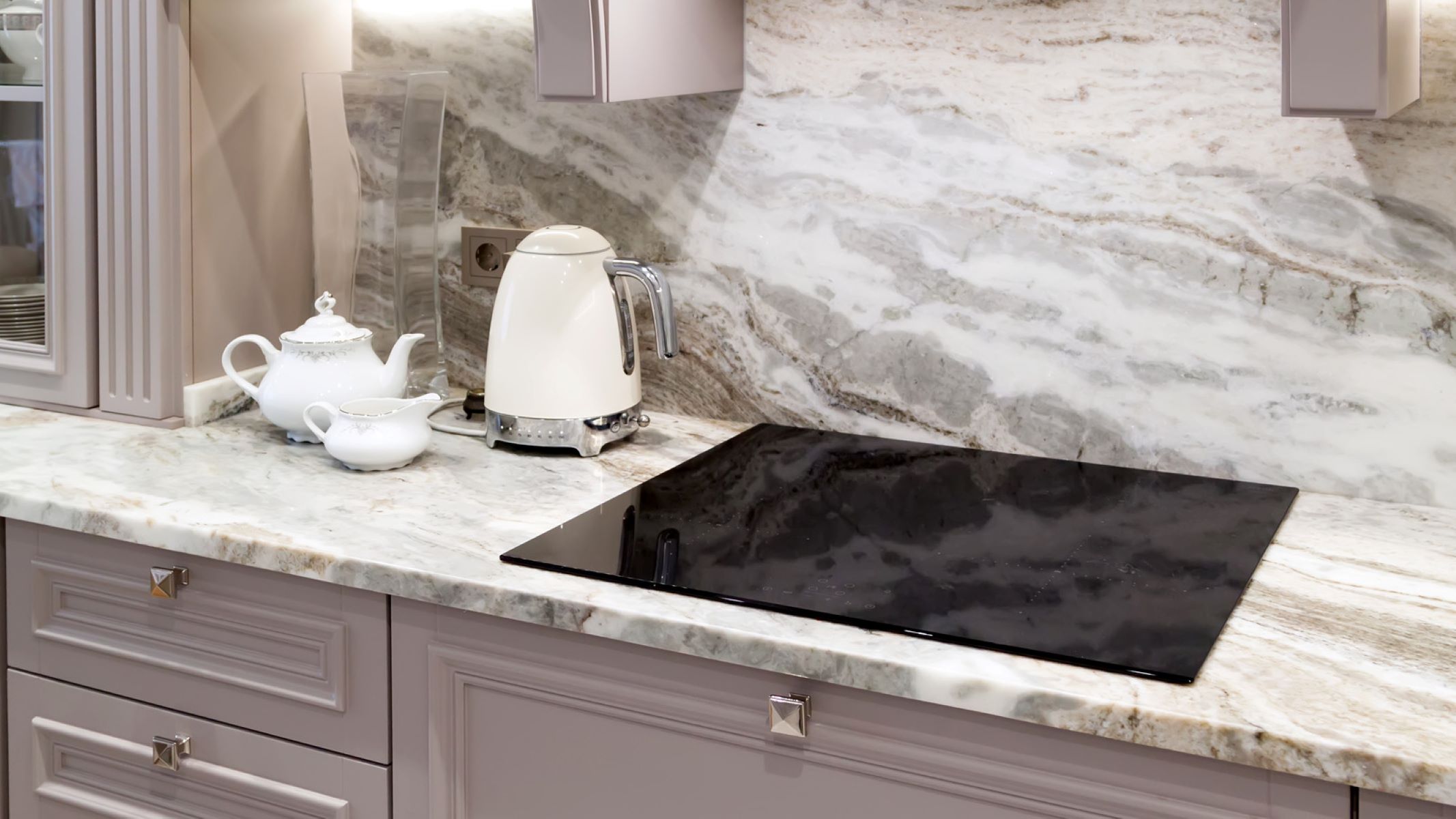
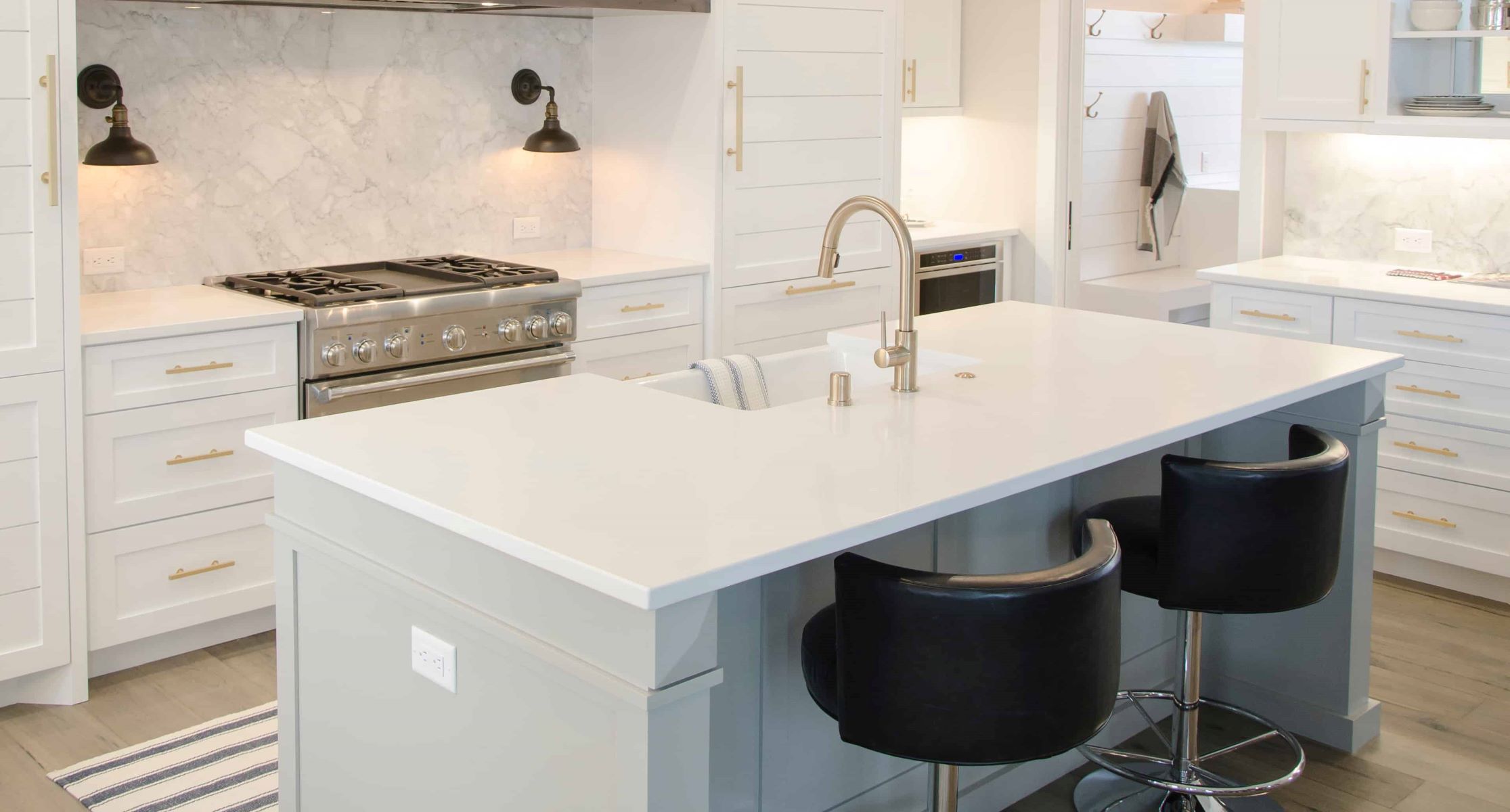
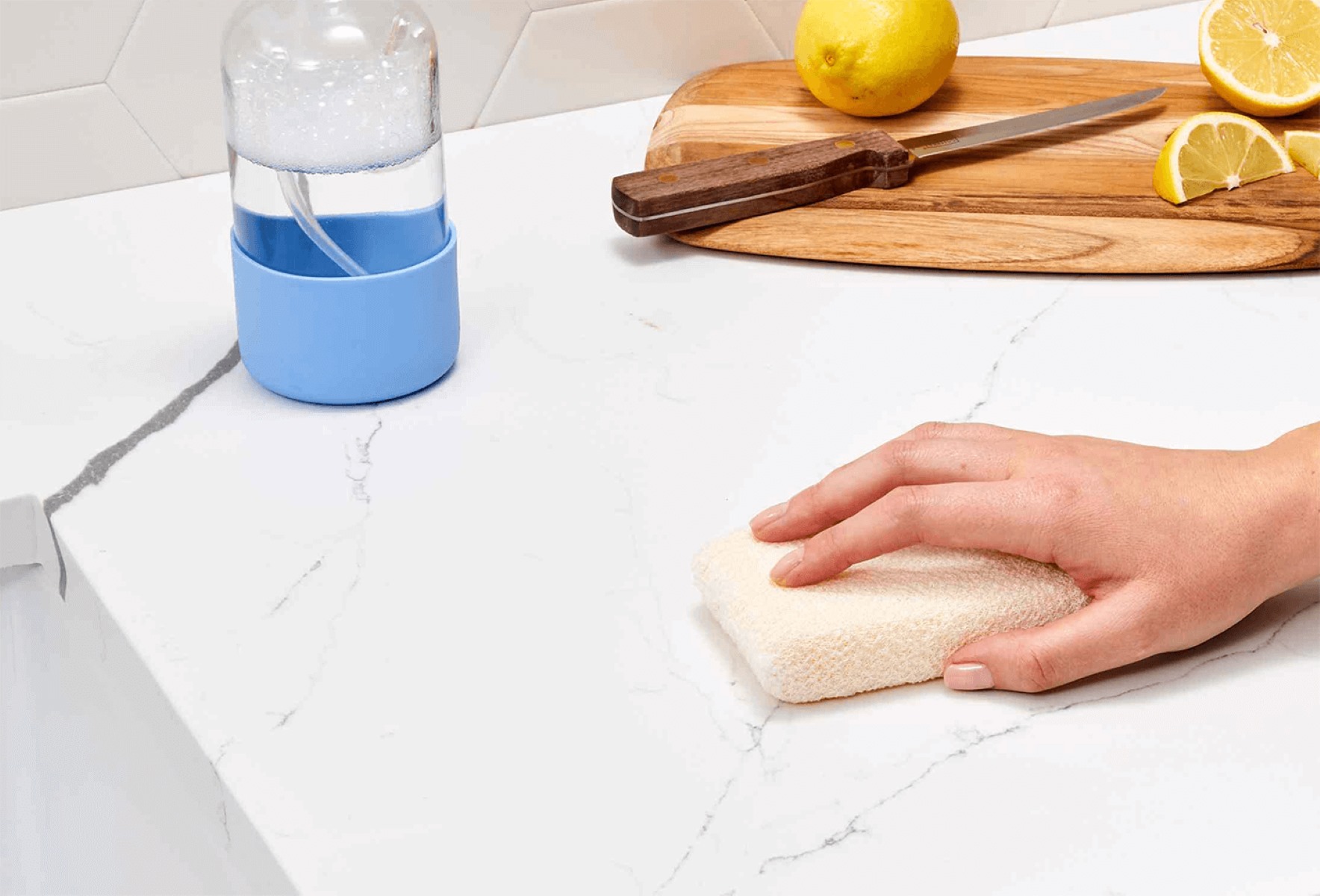
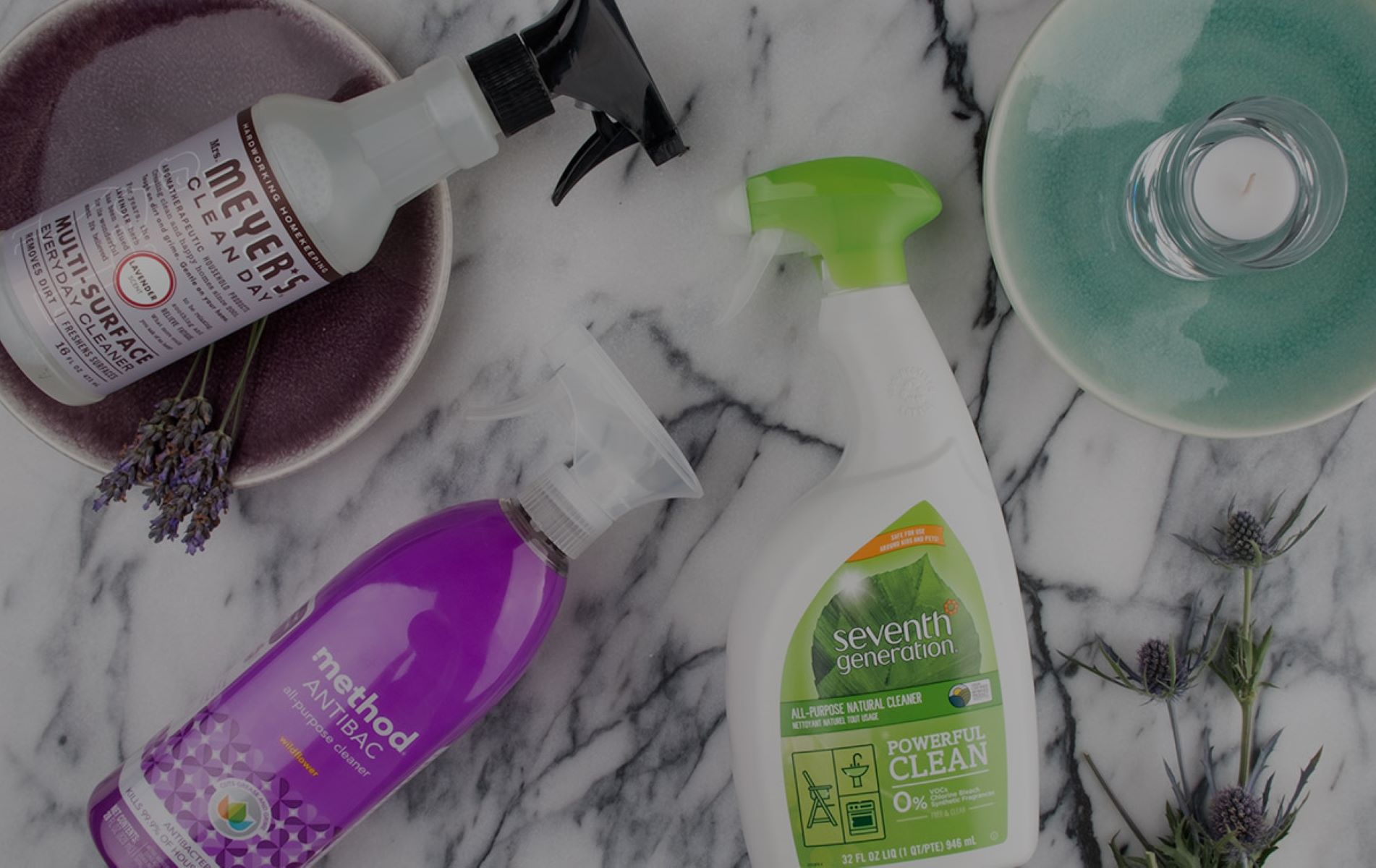
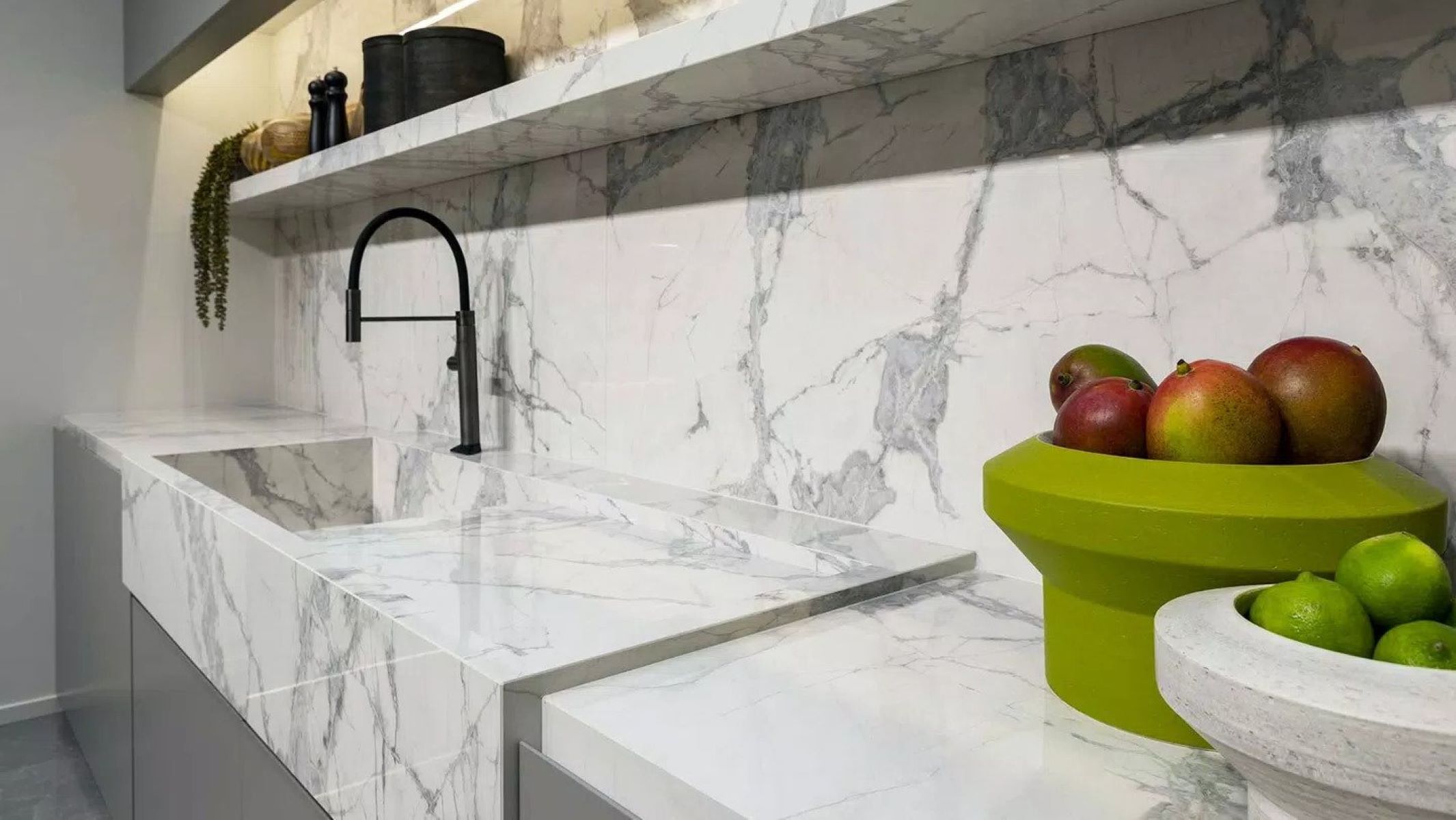

0 thoughts on “How To Repair Chips In Quartz Countertops”